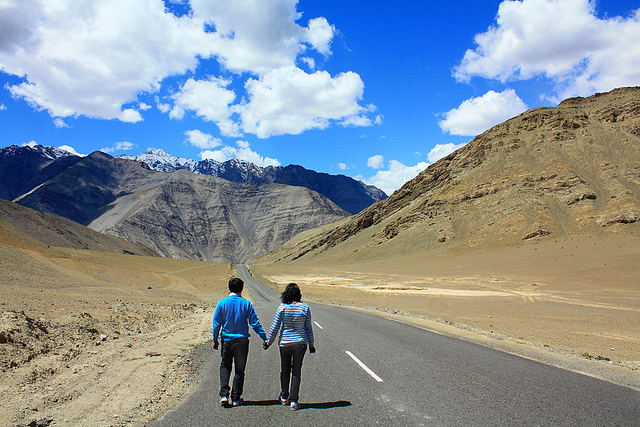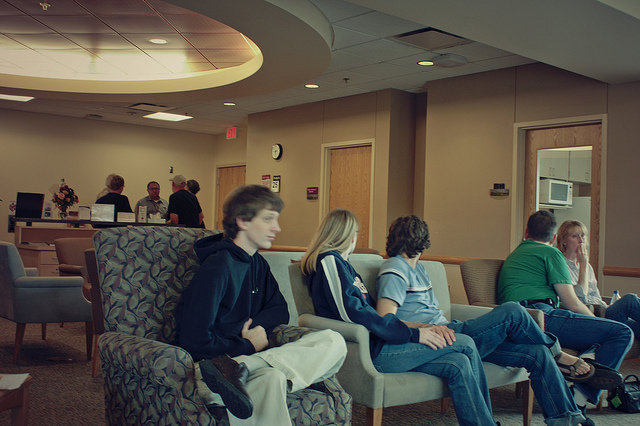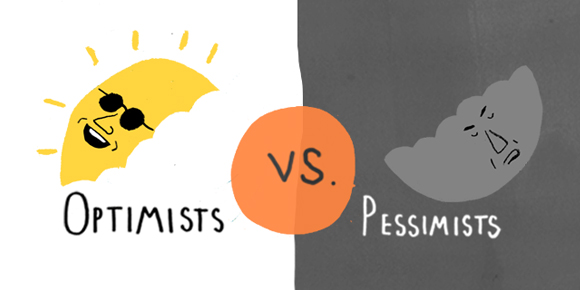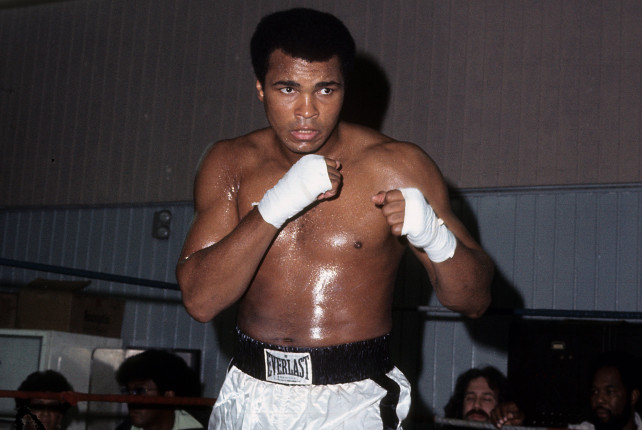“People don’t take trips. Trips take people.”
—John Steinbeck, American author
The calm riverboat cruise my wife Wendy and I took down the Danube was a trip of a lifetime, providing us lots of time to reflect on our lives. Of particular interest was how this journey took us back in time to visit the lives of people who lived hundreds and even thousands of years ago.
We were accompanied by 136 fellow passengers from around the world, who generously shared their friendship and bits of their lives with us as we toured a number of cities, sharing good food and conversation.
EXERCISE:
As you enter the summer months, how can you more fully embrace the places you visit? What can you do to look beyond the surface and experience these adventures more completely?









